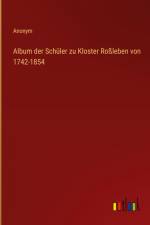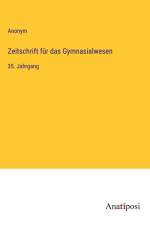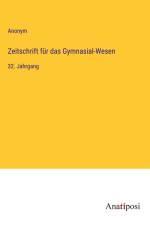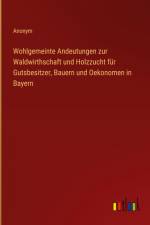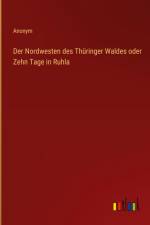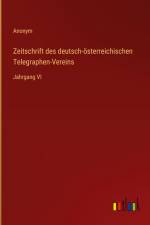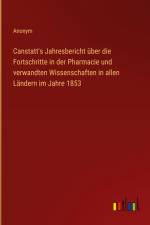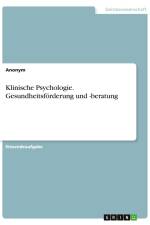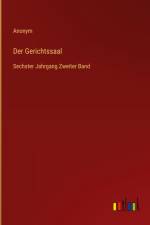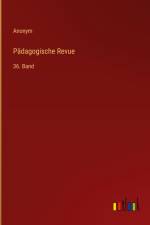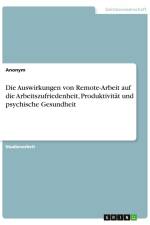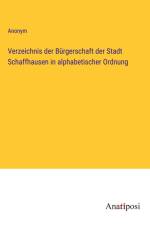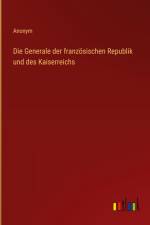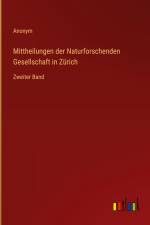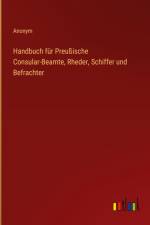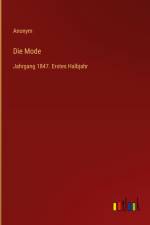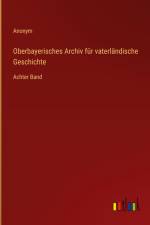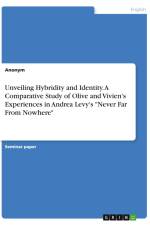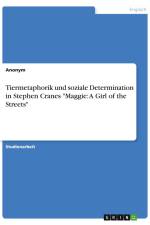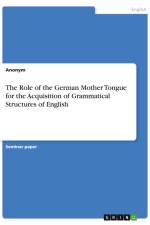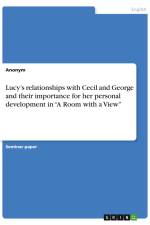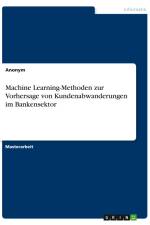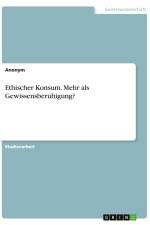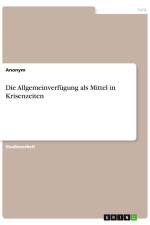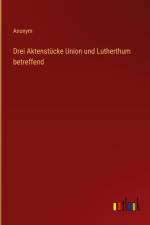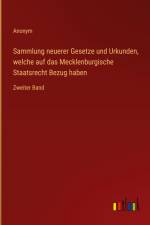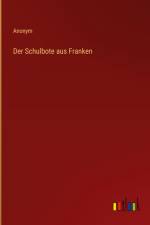von Anonym
17,95 €
Seminar paper from the year 2010 in the subject English Language and Literature Studies - Linguistics, grade: 2,0, University of Trier, language: English, abstract: The aim of the paper is to find out whether grammatical contrasts between German and English imply the frequent occurrence of errors with regard to tenses, aspect, and relative pronouns/clauses. The work is based on the assumption that contrasts between the two languages do cause frequent errors, although there are also others factors contributing to it, such as age, years of exposure, language aptitude, and motivation. The first part of the paper deals with the concept of language ¿transfer¿ in general, touching issues, such as the description of the highly discussed concept, the role it plays in language learning, differences between positive and negative ¿transfer¿, some variant forms of negative ¿transfer¿, namely the production of non-target-like forms, overproduction, and avoidance as well as two different views of transfer, which are CA and EA. The second part of the paper includes a data analysis, which focuses exclusively on selected grammatical differences. Contrasting categories considered in the analysis are tenses, aspect, and relative pronouns/clauses. Unlike contrastive analysis, grammatical differences between the two languages will not only be considered theoretically, but also authentically produced learner utterances will be examined in terms of the errors which can be attributed to contrasts between German and English. For this purpose, samples of learner language by German learners of English collected in the ICLE will be made use of ¿ with particular regard to expected errors due to contrasts between the two languages. In this vein, both qualitative and quantitative analyses of the errors will be applied.

